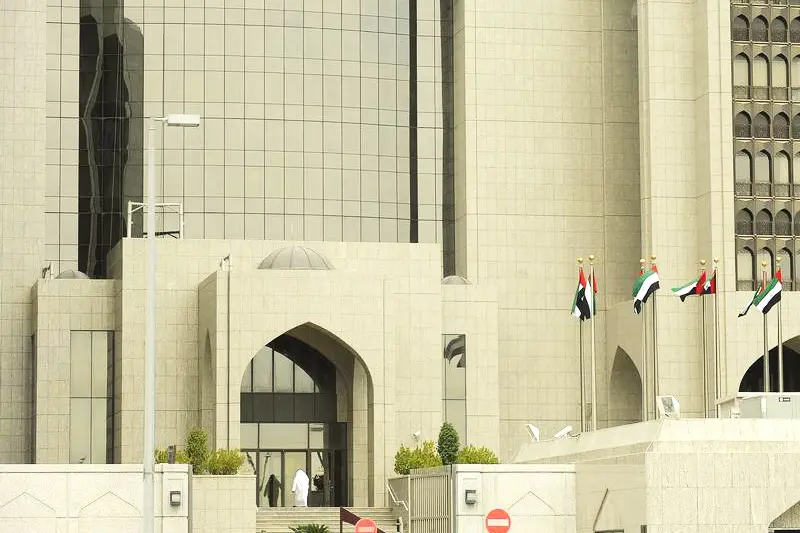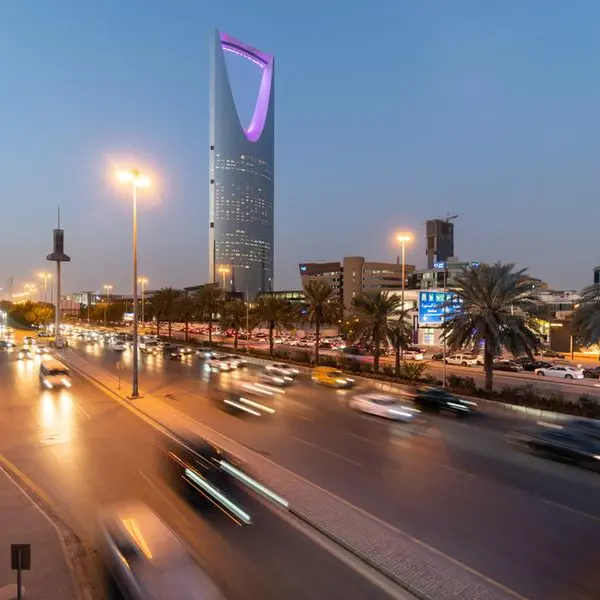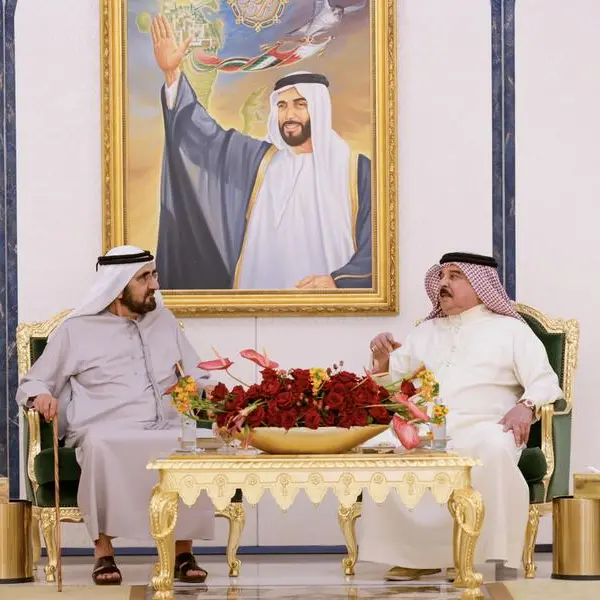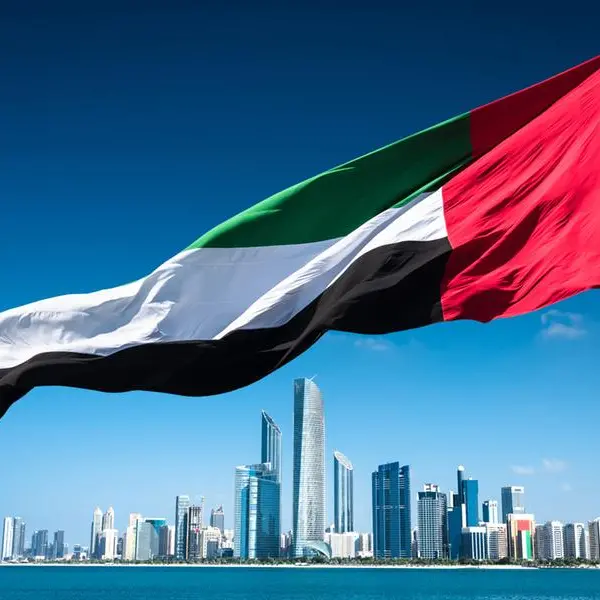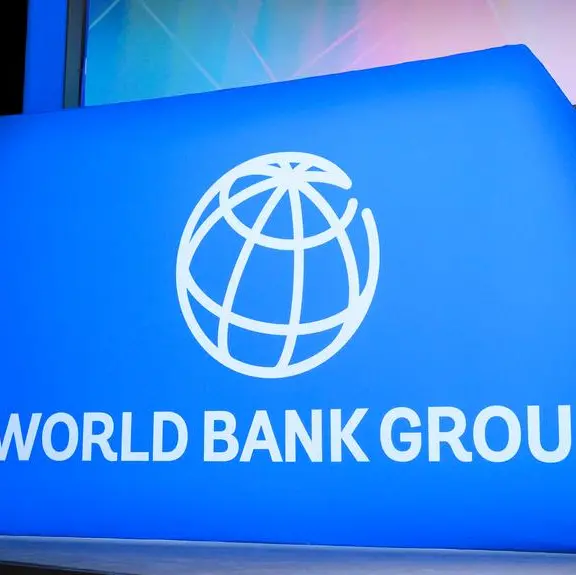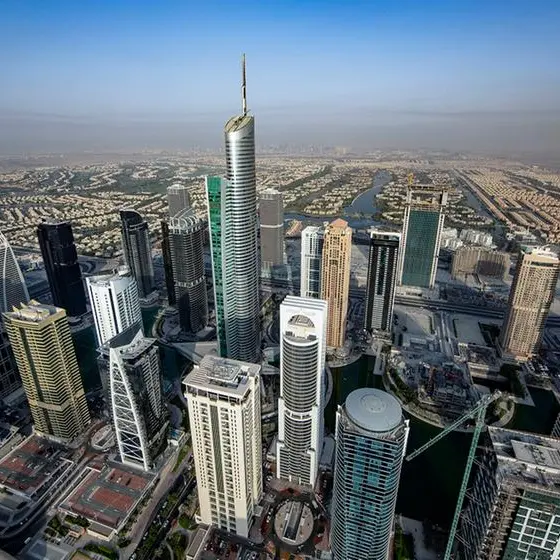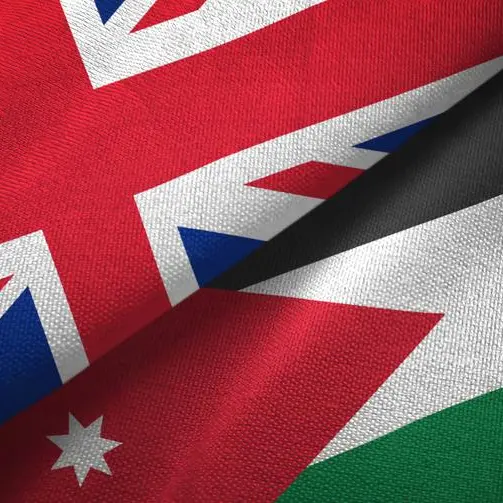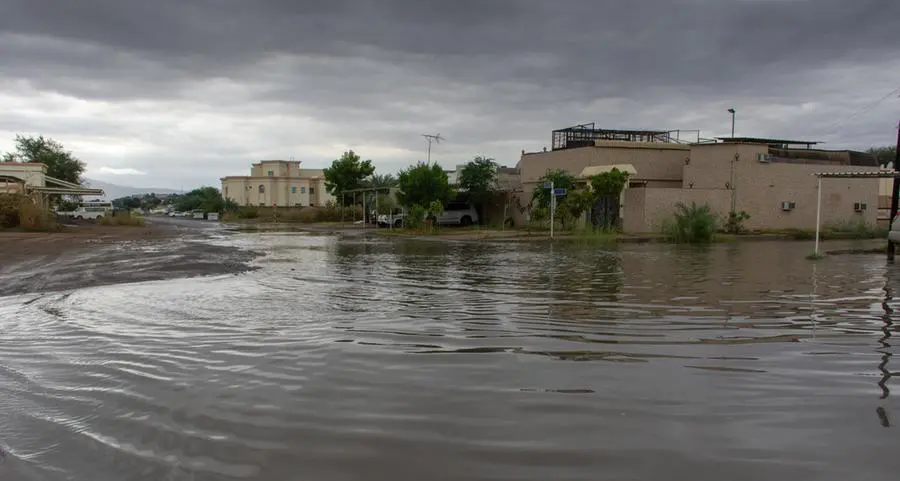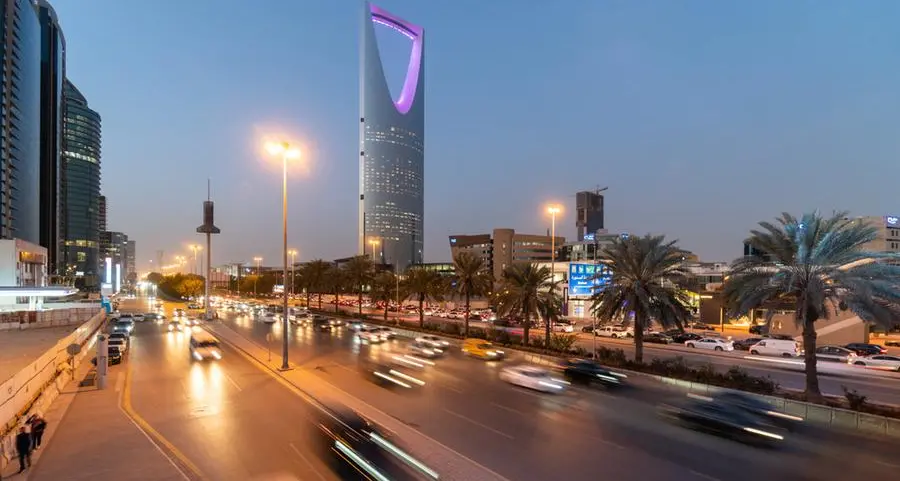PHOTO
Gross credit and deposits in the UAE's banking sector rose in October amid a surge in money supply, reflecting an upswing in economic activity.
According to the latest monetary data provided by the UAE Central Bank on Tuesday, money supplies in two measures (M1 and M3) grew in October, reflecting an overall uptick in economic activity.
M1, a key gauge of money in circulation that includes all physical money, such as coins and notes, demand deposits and checking accounts, rose by 0.6 per cent to Dh492 billion last month from Dh488.9 billion in September.
According to analysts, more money in circulation and growth in credit mean more money for people and businesses to spend, leading to increased demand for goods and services, resulting in higher supply compared to demand in September, analysts said.
While M2, a measure of money supply that includes all the elements of M1 as well as savings deposits and other money market instruments such as fixed deposits which are less liquid, decreased by 1.0 per cent to Dh1,244.1 billion from Dh1,257.2 billion at the end of September, M3 increased by 0.6per cent to Dh1,467.3 billion from Dh1,458 billion.
M3, a measure of money supply that includes all elements of M2 as well as large time deposits, institutional money market funds and other larger liquid assets. According to the Central Bank, the rise in M1 was mainly due to an increase of Dh2.4 billion in monetary deposits.
The fall in M2 was brought about by an Dh16.2 billion decrease in quasi-monetary deposits. M3 mainly increased due to a Dh22.4 billion increase in government deposits, overshadowing the reduction in M2.
Dr Bernd van Linder, chief executive officer of Commercial Bank of Dubai, said the UAE banking sector is witnessing improved operating environment resulting in better performance.
"Ample liquidity is there and the credit growth is expected to be between three and five per cent for the banking sector," van Linder told Khaleej Times.
The Central Bank data shows that gross credit, the amount of credit that banks lend to companies, businessmen, individuals and institutions, rose by 0.3 per cent to Dh1.584 trillion from Dh1.58 trillion.
Total bank deposits also rose by Dh4.6 billion mainly due to Dh9 billion increase in resident deposits, overshadowing Dh4.4 billion drop in non-resident deposits, Central Bank said.
Gross bank assets, including bankers' acceptances, decreased by 0.2 per cent, falling from Dh2.643 trillion at the end of September to Dh2.639 trillion at the end of October. A recent survey by Central Bank shows that demand for business credit and personal loans in the UAE increased marginally in the July-September quarter, and a moderate increase is expected in the current quarter, reflecting steadily improving economic outlook.
Moody's Investors Service observed that the UAE banking system would see robust credit growth underpinned by strong capitalisation, stable funding and liquidity conditions on the back of economic resilience.
"Faster economic growth in 2018 will support the banking system's credit growth, and we forecast credit growth of around five per cent in 2018, after a forecast lower growth of around two per cent in 2017, from 5.8 per cent in 2016 and 8.0 per cent in 2015," said Mik Kabeya, analyst at Moody's. -
Copyright 2017 Khaleej Times. All Rights Reserved. Provided by SyndiGate Media Inc. (Syndigate.info).
